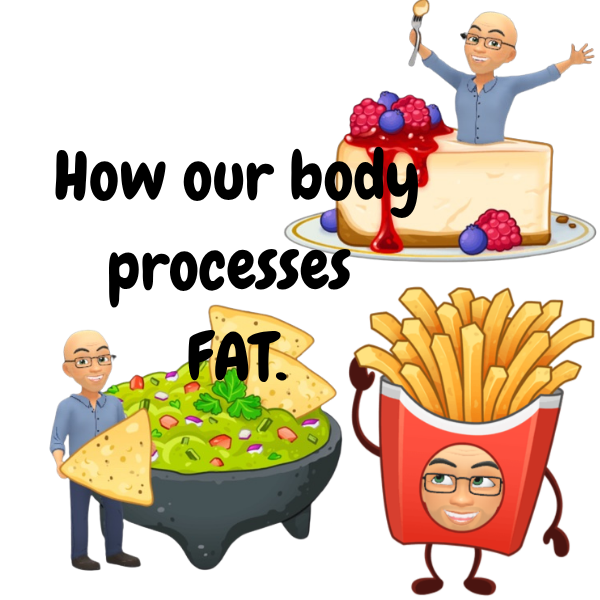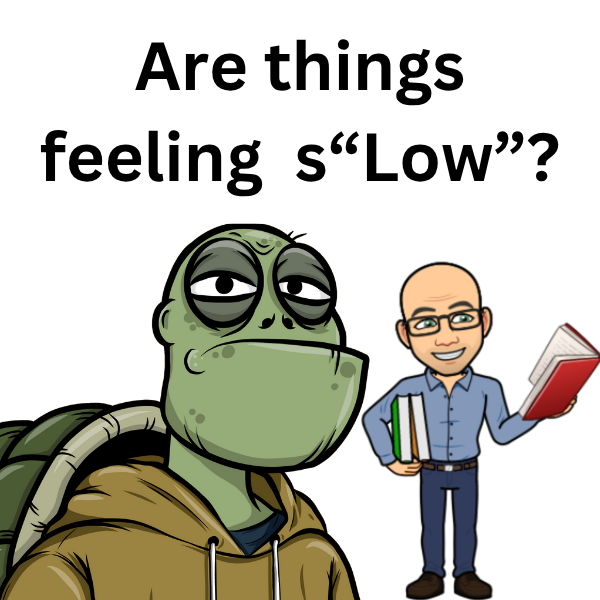There is more to this Dopamine story

Last week, I dove into the workings of dopamine in our bodies and its many benefits in balance. Today's article will give some insight into what occurs when we have too little or low dopamine levels in our bodies and the potential effects that can occur when this happens. I will also discuss how targeted nutrients can play a role in normalizing these low dopamine levels.
Our bodies are working 24/7/365 to try and achieve balance in our systems. Everything works better in our bodies when we have balance. Unfortunately, in the world we live in, there are outside forces that are looking to throw our systems out of whack, such as things like stress, poor dietary choices, sedentary lifestyles, and chemicals in our environment. When our bodies become off-kilter, we must try resetting our systems and striving to regain balance.
Have you ever wondered why you feel motivated to do things, like finishing homework or playing your favorite sport? One reason behind this motivation is a chemical messenger called dopamine. Dopamine plays a crucial role in our bodies, affecting our mood, motivation, and even how we learn. However, dropping dopamine levels can significantly impact our overall well-being.
Dopamine is a neurotransmitter, a special kind of chemical in our brains that helps nerve cells communicate with each other. Think of it as a messenger carrying important information between different brain parts. We feel focused, motivated, and happy when dopamine levels are balanced or just right. But when these levels dip too low, it can lead to many problems.
One of the most noticeable effects of low dopamine levels is decreased motivation. Have you ever felt like you couldn't find the energy to do something you usually enjoy? That might be because your dopamine levels are lower than usual. Without enough dopamine, tasks that once seemed exciting or rewarding can feel like a chore.
Low dopamine levels can also affect our mood. Dopamine plays a role in regulating emotions, so when levels drop, it can lead to feelings of sadness or even depression. You might feel down for no apparent reason, struggling to find joy in things that used to make you happy.
Another important aspect of dopamine is its role in learning and memory. When dopamine levels are low, it can be harder to focus and retain information. Have you ever found it difficult to concentrate while reading a book or listening to a speaker? Low dopamine levels could be one reason behind this struggle.
I briefly touched on several factors that can contribute to this decrease. One common culprit is stress. When we're under a lot of stress, our bodies release cortisol, a hormone that can interfere with dopamine production. Low dopamine levels can leave us feeling depleted and unmotivated.
Certain lifestyle choices can also affect dopamine levels. For example, excessive consumption of sugary or fatty foods can disrupt dopamine signaling in the brain, leading to lower levels over time. Similarly, lack of exercise can contribute to a decrease in dopamine production, as physical activity helps to boost dopamine levels.
It's important to note that low dopamine levels aren't just a problem for our mood and motivation. They can also have physical effects on our bodies. For example, dopamine plays a role in regulating movement so that low levels can contribute to motor symptoms such as tremors or stiffness.
Additionally, dopamine is involved in regulating sleep patterns. Low levels can disrupt our sleep-wake cycle, leading to difficulties falling asleep or staying asleep throughout the night. Low levels can further compound feelings of fatigue and low energy during the day.
Some of the symptoms/conditions associated with low dopamine levels include food cravings, ADD/ADHD, addictions, substance abuse, anger, impulsivity, high-risk behavior, and excessive sleepiness. What do you do if some of these symptoms/conditions are areas you currently experience? You could test your levels by utilizing companies that can test neurotransmitters like dopamine to find out if you have an imbalance or if you can make lifestyle modifications.
One key factor is a balanced lifestyle that includes regular exercise, a nutritious diet, and effective stress management techniques. Exercise has been shown to increase dopamine levels in the brain, so finding activities you enjoy can benefit your physical and mental well-being.
In addition to lifestyle changes, medications can help boost dopamine levels in some instances. These medications are often prescribed to treat conditions such as Parkinson's disease or depression, where dopamine levels are known to be lower than expected.
Dietary supplements can also play a role as we look at building blocks to help increase dopamine production. One class from college that I should have paid more attention to or would even consider retaking is biochemistry. Biochemistry looks at metabolic pathways and what specific building blocks are needed to get from point A to point B. Some nutrients necessary to make dopamine include L-tyrosine, B-vitamins, folate, calcium, magnesium, chromium, DL-Phenylalanine, L-glutamine, and 5-HTP. You can bet your bottom dollar that many of those ingredients are not found in junk or processed foods, so if your diet is poor, you are setting yourself up for poor neurotransmitter function and all that goes along with it.
In conclusion, dopamine plays a vital role in our bodies, influencing everything from our mood and motivation to our ability to learn and move. When dopamine levels drop, it can affect our physical and mental health, leading to decreased motivation, mood disturbances, and other symptoms. By making healthy lifestyle choices and seeking appropriate treatment, we can help support optimal dopamine levels and maintain overall well-being. Next week, we will explore what happens when you have an excess of dopamine and solutions to the overabundance.
If you would like help or more information about the effects of dopamine in your system, do not hesitate to contact my pharmacy staff to schedule a consultation at 701-483-4858. My articles can be found online at our website, www.irsfeldpharmacy.com. My podcast, "The Irsfeld Pharmacy Optimal You Podcast," can also be accessed through the website.
Until next time, be vigilant about your health!!












Share On: